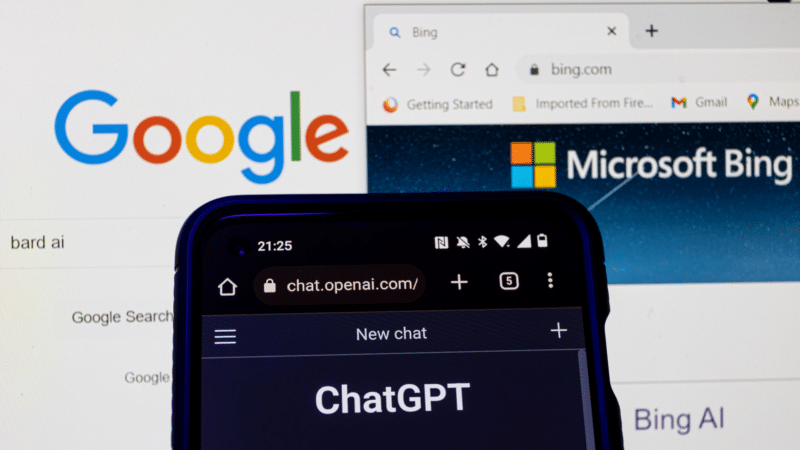
The Rise of ChatGPT as a Traffic Referrer: Implications for Marketers and Content Creators
The digital landscape is constantly evolving, and a recent report by Semrush reveals a monumental shift in how users are discovering and engaging with content. Notably, ChatGPT is emerging as a significant traffic referrer, particularly within the realms of education and technology. By November 2024, ChatGPT referred traffic to over 30,000 unique domains, underscoring its influence on user behavior.
At the core of this transformation is a notable change in search behavior. ChatGPT answered approximately 54% of user queries directly, sidestepping traditional search functions altogether. This trend indicates a clear movement toward conversational and AI-driven information retrieval, challenging established norms in how digital marketing strategies are crafted.
Moreover, the nuances of user interaction with ChatGPT reveal compelling insights. The average prompt length has expanded to 23 words, in stark contrast to the mere 4.2 words typical of traditional search engine queries. This shift highlights a growing inclination among users to express more detailed and specific information needs, which in turn suggests a ripe opportunity for content creators to rethink their approach. Marketing professionals must now focus less on traditional SEO strategies that prioritize brief keywords, instead placing emphasis on creating content that caters to elaborate user inquiries.
Interestingly, traffic comparisons underscore ChatGPT’s effectiveness in attracting visitors over conventional search engines like Google and Bing, particularly for websites related to OpenAI and technology. Education-centric platforms have seen a surge in referral traffic from ChatGPT, reflecting a changing digital ecosystem where AI tools redefine traffic channels. Thus, understanding the functionalities of ChatGPT becomes imperative for marketers aiming to tap into these lucrative traffic sources.
In terms of user demographics, although Google still holds a larger user base, ChatGPT users are predominantly younger and male, with a significant presence among students. This creates an essential entry point for marketers focused on engaging with a tech-savvy, dynamic audience. Content that supports learning and problem-solving will resonate more profoundly in this context, as insight-driven content strategies become paramount.
As businesses adapt to this new environment, novel approaches such as utilizing URL shortening tools will prove crucial. The applications of URL shorteners like BitIgniter and LinksGPT become apparent as they not only facilitate managing traffic but also enhance the accessibility of content through shortened links. By employing custom domains and short link makers, marketers can streamline their link management processes, ensuring that their content reaches the intended audience more effectively.
Adapting to these shifts demands a comprehensive understanding of user behavior, which is paved by tools that offer insights as well as functionalities. Ensuring that marketing strategies are aligned with emerging user preferences will position businesses favorably in the competitive landscape.
In conclusion, the ongoing evolution ushered in by AI tools, particularly ChatGPT, necessitates a fundamental reworking of digital strategies. Marketers must embrace this landscape, focusing on creating relevant and engaging content while leveraging technological advancements like URL shorteners to maximize their outreach and impact.
Hashtags: #BitIgniter #LinksGPT #UrlExpander #UrlShortener #DigitalMarketing #ContentStrategy #AI #SEO
Want to know more: Read More

